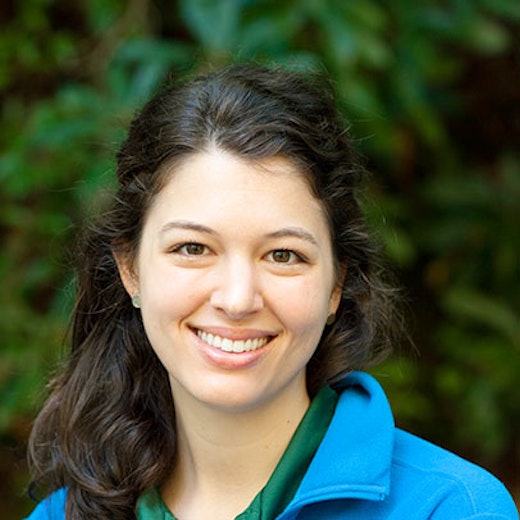…camp is naturally a place of giving, of sharing space and accepting emotions without judgement.
My personal life experience tells me that developing a philanthropic habit needs to start young. What more perfect place to teach these life lessons than at camp? As a close-knit community, camp is naturally a place of giving, of sharing space and accepting emotions without judgement. I heard at a conference this winter that the United States is the most giving country in the world. Really! We lead the world in philanthropic donations, more than $410 billion in 2017, and are the third most generous in terms of number of individuals who volunteer time or resources. This is an increase of almost $20 billion from 2016! I was surprised to hear this because when I think about our reputation as Americans, generosity is not usually the characteristic that first comes to mind. I’m glad to be proven incorrect.
At GRP, we continue to define our own “culture of giving” and therefore contribute to the statistic that I learned. We request that the entire community respect the land, each other, and all living things every Opening Day in the Respect Circle ceremony. We ask our staff members to give back through shouldering the communal responsibility of daily chores, by caring for themselves and each other in a professional manner, and challenging themselves to donate up to one day’s pay to go toward our scholarship fund. And we expect our campers to exercise their respect through cabin clean-up time and to eat consciously in the dining hall.
Millennials and GenZ need to feel a connection to what and why they give, to be filled with purpose, and by encouraging them to be their best selves, camp can help them find purpose. Through an annual return to self each summer, camp provides the consistent message that we can and should give back in one way or another. Consistency is key! If we provide consistent reasons to give back, camp will continue to produce campers and staff who will act as philanthropic leaders in the world both today and in the future.
